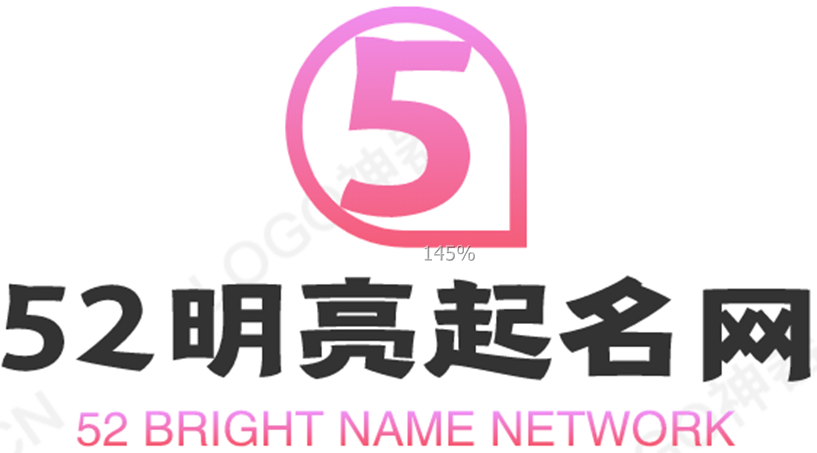Translating Chinese names into English can be a challenging yet fascinating task. The cultural and linguistic differences between the two languages often require careful consideration and a thoughtful approach. In this article, we will explore the art of translating Chinese names into English, including the principles, tips, and various name formats commonly used in this process.
Principles of Translating Chinese Names into English
When it comes to translating Chinese names into English, it is essential to understand and respect the cultural nuances and phonetic elements of the original names. Chinese names usually consist of two or three characters, each of which carries its own meaning and significance. Therefore, maintaining the original meaning and preserving the phonetic sound of the name is crucial in the translation process.
Tips for Translating Chinese Names into English
Translating Chinese names into English requires a delicate balance of preserving the original meaning and ensuring the name is easily pronounceable and understandable for English speakers. Here are some tips for translating Chinese names into English:
1. Phonetic Translation: One common approach to translating Chinese names into English is to create a phonetic equivalent based on the sound of the original name. This often involves using the closest English sounds to represent the pronunciation of the Chinese characters.
2. Literal Translation: In some cases, a more direct, literal translation of the Chinese name may be suitable, especially if the name carries a significant and meaningful message. Care must be taken to ensure that the translated name still conveys the intended meaning in English.
3. Consider Cultural Context: When translating Chinese names into English, it is important to consider the cultural context and significance of the name. Certain names may have historical, familial, or symbolic meanings that should be preserved in the translation.
4. Simplification: Chinese names often include characters that are not commonly used or understood in English. In such cases, simplifying the name or using alternative characters may be necessary to make the name more accessible to English speakers.
Formats for Translating Chinese Names into English
There are several common formats for translating Chinese names into English, each with its own conventions and considerations:
1. Reversed Format: The reversed format involves placing the surname or family name first, followed by the given name. For example, the name “张三” would be translated as “Zhang San” in the reversed format.
2. Anglicized Format: In this format, Chinese names are adapted to sound more natural in English pronunciation while still retaining the original phonetic elements. For instance, “周” might be translated as “Chow” or “Zhou” in the Anglicized format.
3. Pinyin Format: The Pinyin system, which uses Romanized letters to represent the pronunciation of Chinese characters, is another popular format for translating Chinese names into English. This format often provides a close phonetic representation of the original name.
The Art of Translating Chinese Names into English
Translating Chinese names into English is not just a matter of linguistic conversion; it is an art that requires careful consideration of linguistic, cultural, and personal factors. A well-executed translation preserves the essence of the original name while making it accessible and meaningful in an English-speaking context.
In conclusion, the art of translating Chinese names into English involves navigating the complexities of language, culture, and personal identity. By following the principles, tips, and formats discussed in this article, translators and language enthusiasts can effectively convey the beauty and significance of Chinese names in the English language.
As language continues to connect people across the globe, the art of translating names serves as a bridge between cultures, honoring diversity and fostering mutual understanding.
如若转载,请注明出处:https://www.52mingliang.com/34989.html


